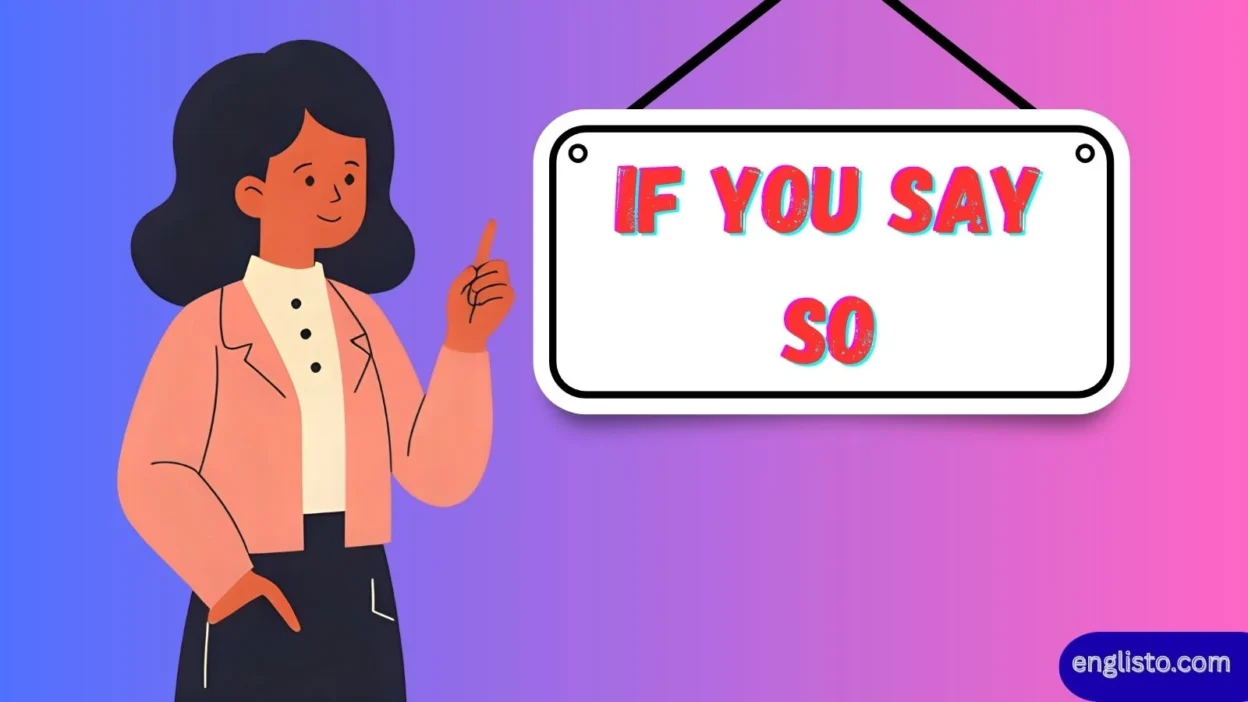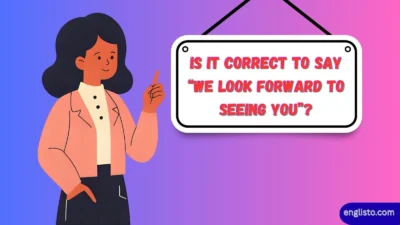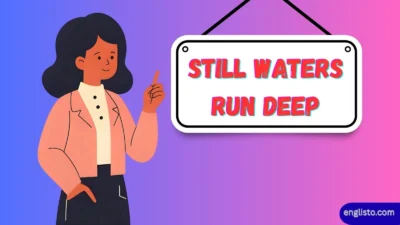Language is full of short expressions that carry big weight. One of those is “If you say so.” At first glance, it seems simple. But in real conversations, it can express agreement, doubt, sarcasm, or polite refusal—all depending on context, tone, and delivery.
Whether you’ve heard it from a friend after a heated debate, a colleague in a meeting, or even in a movie when someone’s not fully convinced, this phrase works like a Swiss Army knife of communication. It acknowledges the other person’s statement while leaving room for subtle undertones—sometimes polite, sometimes dismissive.
In this guide, we’ll break down the meaning, connotations, usage, synonyms, and examples of “If you say so.” You’ll learn how native English speakers use it in different situations and how to interpret its hidden layers.
What Does “If You Say So” Mean?
At its core, “If you say so” means accepting or acknowledging someone’s statement without fully agreeing.
- It can act as a polite concession: showing you won’t argue further.
- It can express skepticism or disbelief: suggesting doubt about what was said.
- It can be neutral or indifferent: when you don’t care much about the outcome.
Think of it as saying: “I’ll take your word for it—even if I’m not convinced.”
The Subtle Connotations: Positive, Neutral, and Negative
The phrase’s true meaning depends on tone, context, and relationship between speakers.
| Connotation | Tone/Delivery | Impression | Example |
| Positive | Warm, smiling, lighthearted | Agreement, letting go of small differences | “If you say so, I’ll trust you picked the best restaurant.” |
| Neutral | Flat tone, casual | Indifference or simple acknowledgment | “If you say so, we’ll go with your plan.” |
| Negative | Sarcastic, dismissive, annoyed | Skepticism, disbelief, or mild insult | “If you say so… but I don’t buy it.” |
Common Situations Where “If You Say So” Appears
- In arguments: To avoid escalation (“Fine, if you say so, let’s move on.”)
- In polite disagreement: To accept without fully agreeing (“If you say so, but I’d still double-check the prices.”)
- In casual conversations: When you don’t have strong feelings (“If you say so, dude, I’ll go along.”)
- In skeptical remarks: When doubtful about facts (“If you say so, but history class taught me otherwise.”)
- In professional settings: To step back without conflict (“If you say so, Mike, we’ll use your layout for the poster.”)
Is “If You Say So” Rude?
It depends. The phrase itself is not inherently rude, but tone matters.
- With a smile → It feels agreeable or supportive.
- With a sigh or eye roll → It can sound passive-aggressive or dismissive.
- In formal contexts → It may seem unprofessional, as if you doubt your colleague.
👉 A safer alternative in work settings is:
- “I see your point.”
- “Let’s go with your idea.”
- “I’ll take your word for it.”
Synonyms and Alternatives to “If You Say So”
| Synonym/Alternative | Tone/Use | Example |
| Whatever you say | Casual, sometimes sarcastic | “Whatever you say, boss.” |
| I’ll take your word for it | Polite, respectful | “I’ll take your word for it, you’re the expert.” |
| Have it your way | Resigned, slightly dismissive | “Fine, have it your way.” |
| By your word | Formal, old-fashioned | “By your word, I’ll follow through.” |
| If you insist | Polite refusal or concession | “If you insist, I’ll come to the party.” |
| Alright then | Neutral, agreeable | “Alright then, let’s book the tickets.” |
Real-Life Examples of “If You Say So”
- At a restaurant:
“This place is affordable and delicious.”
→ “If you say so, but I still think the newer place has better prices.” - In a study session:
“Chapter 20 is harder than Chapter 21.”
→ “If you say so, but I found the exam questions easier from Chapter 20.” - In relationships:
“I didn’t forget your birthday dinner.”
→ “If you say so, but I remember waiting a long time.” - In casual hangouts:
“The movie had the best plot twist ever.”
→ “If you say so, but I think the ending was predictable.”
Polite vs. Passive-Aggressive Usage
| Polite Acceptance | Passive-Aggressive Undertone |
| Said with warmth | Said with sarcasm |
| Used to end conflict peacefully | Used to shut down discussion |
| Suggests trust | Suggests disbelief |
| Example: “If you say so, I’ll believe you.” | Example: “If you say so… sure.” |
The Psychology Behind the Phrase
Why do people use “If you say so”?
- To avoid confrontation → Keeps peace without arguing.
- To express doubt politely → Shows skepticism without being harsh.
- To let go → Sometimes, it’s easier to agree than to debate endlessly.
- To signal resignation → A way of conceding when tired of arguing.
It’s often a coping strategy in conversations, helping speakers balance politeness, disagreement, and emotional tone.
“If You Say So” in Popular Culture
- In music, pop stars like Ariana Grande or Taylor Swift often use phrases of concession or doubt in lyrics, echoing how people use them in relationships.
- In classic films like The Sound of Music or The Wizard of Oz, characters deliver lines with subtle tones that mirror modern phrases like “If you say so.”
- On the internet, forums often use it sarcastically in debates, signaling implicit doubt when users don’t want to type a full rebuttal.
Grammar and Category of the Phrase
- Part of speech: Interjection (short phrase in conversation).
- Usage: Informal, casual, sometimes formal with caution.
- Written English: Usable but often feels dismissive in text/email without tone cues.
Practice: Spot the Meaning in Context
Example Sentences:
- “If you say so, Professor, I’ll prepare for Chapter 21.” → Respectful concession
- “If you say so… but I doubt that’s correct.” → Skeptical remark
- “If you say so, Stacy, we’ll adjust the font on the poster.” → Neutral acknowledgment
- “If you say so, dude, whatever floats your boat.” → Casual acceptance
👉 Tip for learners: Look at tone, facial expressions, and context clues to understand the real meaning.
FAQs about “If You Say So”
Q1: Is “If you say so” the same as agreeing?
Not exactly. It often means acknowledging without fully agreeing.
Q2: Can I use it in professional emails?
Best to avoid—it may sound dismissive. Try “I’ll take your word for it” instead.
Q3: Is it rude to say “If you say so”?
It can be, depending on tone. Spoken warmly = fine. Said sarcastically = rude.
Q4: What’s the difference between “If you say so” and “Whatever you say”?
“If you say so” is slightly softer. “Whatever you say” often sounds more sarcastic.
Q5: Do native speakers use it often?
Yes, especially in casual conversations, debates, and light disagreements.
Conclusion
The phrase “If you say so” may look simple, but it carries layers of meaning—from polite acceptance to sarcastic dismissal. Its true intention depends on tone, body language, and context.
Used wisely, it can help avoid conflict, acknowledge another’s view, or signal doubt tactfully. But in the wrong tone, it may come across as rude or invalidating.
Think of it as a versatile conversational tool—a way to balance agreement, skepticism, and politeness in everyday interactions. Next time someone says it, listen closely: the words may be short, but the message is often much deeper.



